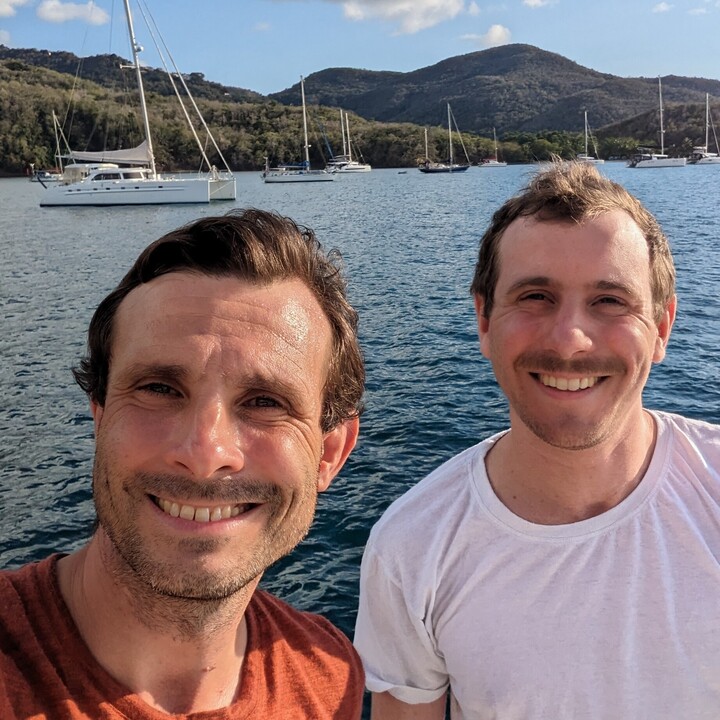An Introduction to Modeling Experimental Data of Conflict Tasks with Dynamic (Time-Dependent) Diffusion Models
Markus Janczyk (University of Bremen) & Valentin Koob (University of Bremen)

In this workshop we will cover the basics of describing and analyzing experimental data using cognitive models. As a guiding topic, we will focus on interference effects in conflict tasks (e.g., the congruency effect in Eriksen flanker, Simon, or Stroop tasks) and specialized diffusion models developed for them. In contrast to standard diffusion models, their parameters are time-dependent, that is, they change their values across time.
The goal is to cover the theoretical framework behind these mathematical models and discuss why they are a (useful) way to formalize verbal theories. In the course of the workshop we will start with the basic description of experimental data using classical inferential statistics and work ourselves to setting up cognitive models that provide advanced tools for more in-depth analysis. In interactive lectures and exercises, we will cover the basics of describing, developing, programming, and estimating such mathematical models with time-dependent parameters, while keeping the focus on conceptual foundations and the theoretical framework.
Pre-requisite knowledge and skills: In this workshop, we will use R and the (new) R package dRiftDM, which provides flexible functionality for dealing with time-dependent parameters in the context of diffusion models without simulation. Therefore, some experience with R and basic knowledge of programming in R (e.g., about basic data types and writing functions) is required. Familiarity with the statistical concepts of random variables and density functions is helpful. Participants should bring their own laptops with the latest versions of R and RStudio and the package dRiftDM installed (available at CRAN).
Course materials: https://www.uni-bremen.de/forschungsmethoden-und-kognitive-psychologie/lehre/stats-by-randolph/driftdm
